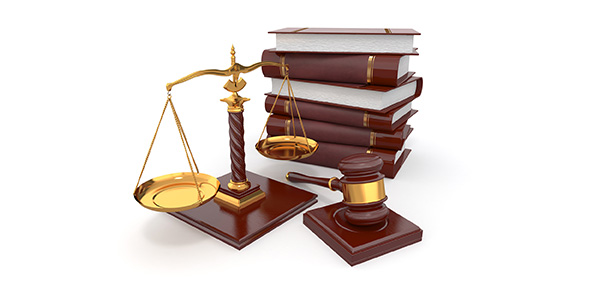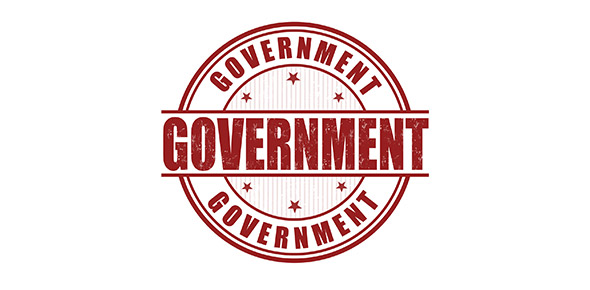Related Flashcards
Related Topics
Cards In This Set
| Front | Back |
|
1) Americans have been raised to think of the federal courts as
A) generally insignificant and powerless. B) the strongest branch of government. C) an extension of executive power. D) unable to balance legislative power. E) above politics. |
E
|
|
2) Alexander Hamilton believed that the Supreme Court was
A) the most dangerous branch. B) likely to be a source of corruption and graft. C) the least dangerous branch. D) not necessary. E) the most prestigious branch. |
C
|
|
3) Congressional checks on judicial power include all but which of the following? A) Passing a law to reverse some judicial decisions
B) Ability to impeach federal judges C) Amending the Constitution to reverse some judicial decisions D) The ability to alter the Court's jurisdiction E) The ability to veto executive orders established by the Supreme Court. |
E
|
|
4) What does the Constitution say about the salaries of federal judges? _
A) Judges' salaries should be commensurate with the salaries of those employed in the private sector. B) Congress can raise or lower sitting judges' salaries at will. C) The Constitution is silent about judicial salaries. D) Congress can raise a judge's salary, but it cannot lower it. E) Congress can lower a judge's salary, but it cannot raise it. |
D
|
|
5) According to Article III, the salaries of federal judges
A) must be the same as members of the Senate. B) can only be raised once during their tenure on the bench. C) must remain competitive with lawyers in private practice. D) cannot be reduced while they are serving on the bench. E) must be more than that of the salaries their clerks earn upon graduation. |
D
|
|
6) The power of the courts to review acts of the other branches of government is known as
A) judicial review. B) government review. C) judicial privilege. D) original jurisdiction. E) court review. |
A
|
|
7) Which of the following is an advantage of a Supreme Court clerkship? _
A) When former clerks take jobs with law firms, they often receive large salaries and bonuses. B) Clerks receive the same salary that the justices receive. C) Clerks decide which cases the justices will hear. D) Clerks are the only people who can listen to oral arguments. E) Since the clerks get one-half of a vote on every case, they can be the deciding factor if the Court is tied. |
A
|
|
8) In ________, the U.S. Supreme Court held that it had the power to review the constitutionality of acts of Congress.
B) Martin v. Hunter's Lessee C) McCulloch v. Maryland D) Gibbons v. Ogden E) Marbury v. Madison |
E
|
|
9) Who is considered the most important justice to ever serve on the Supreme Court?
A) Oliver Wendell Holmes B) John Marshall C) Warren Burger D) Thurgood Marshall E) John Jay |
B
|
|
10) Which early court case led to the Eleventh Amendment prohibiting lawsuits against states?
A) Gibbons v. Ogden B) Dred Scott v. Sanford C) Marbury v. Madison D) Chisolm v. Georgia E) McCulloch v. Maryland |
D
|
|
11) The Marshall court helped establish which of the following for the Supreme Court?
A) The Court's power to interpret state laws B) The supremacy of the federal government over state governments. C) The right of the Court to exercise judicial review D) Writing of a single court opinion rather than individual opinions from each of the justices E) All of the above were established during the Marshall Court. |
B
|
|
12) A court of original jurisdiction is generally known as a/an A) trial court. B) small claims court. C) superior court. D) appellate Court. E) people's court. |
A
|
|
13) Which early court case asserted the power of judicial review by finding Congress had erred in expanding the Court's powers? A) Marbury v. Madison B) Plessy v. Ferguson C) Fletcher v. Peck D) McCulloch v. Maryland E) Chisolm v. Georgia |
A
|
|
14) In which decision did the Supreme Court declare that it could exercise judicial review over acts of the national government? A) McCulloch v. Maryland B) Gibbons v. Ogden C) Martin v. Hunter's Lessee D) Marbury v. Madison E) The People v. Larry Flint |
D
|
|
15) In which decision did the Supreme Court declare that it could exercise judicial review over acts of state governments? A) Martin v. Hunter's Lessee B) The People v. Larry Flint C) Marbury v. Madison D) McCulloch v. Maryland E) Gibbons v. Ogden |
A
|





